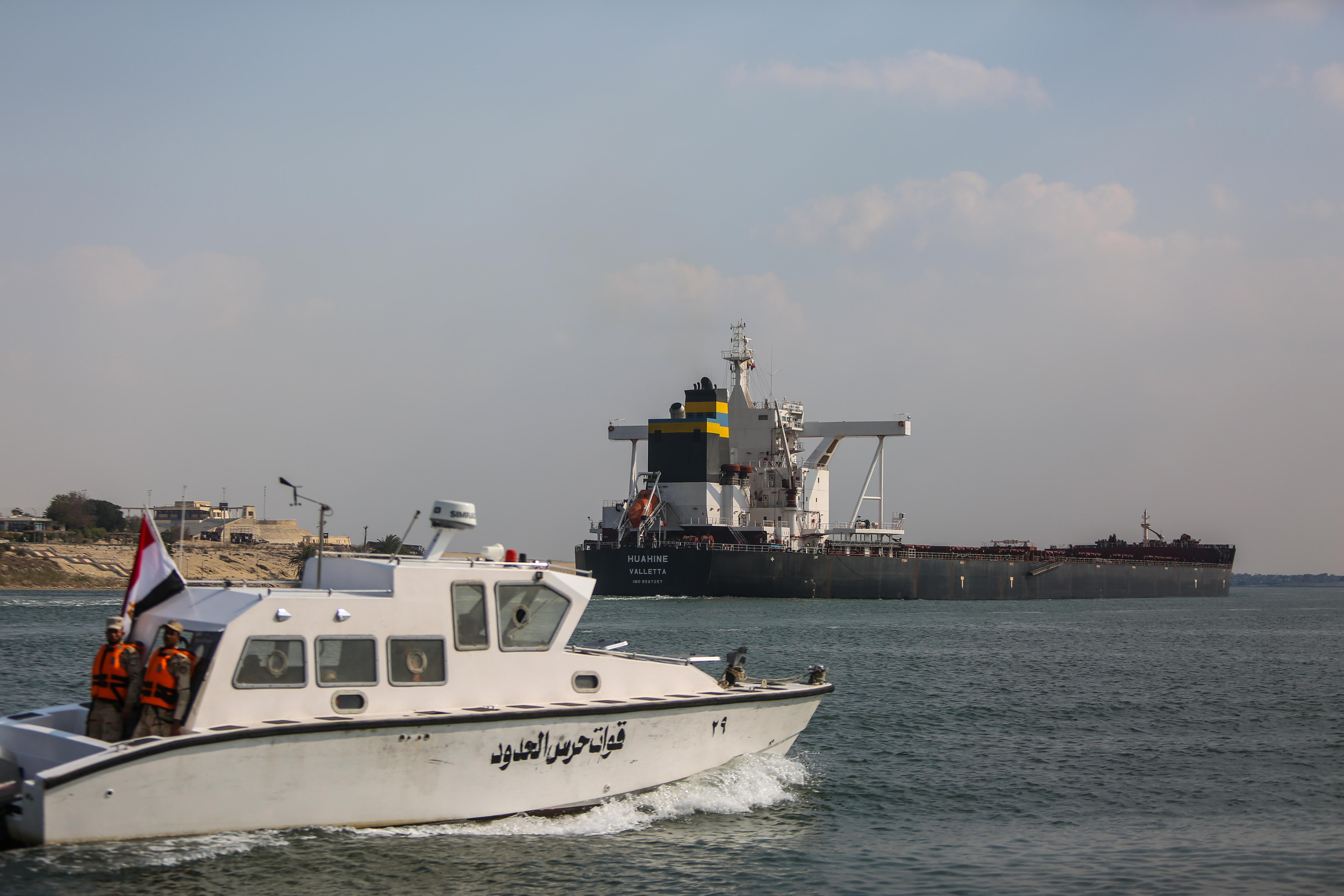On November 12, naval forces from the United States, Israel, the UAE, and Bahrain took part in a joint, five-day exercise in the Red Sea, a vital shipping route that feeds into the Suez Canal. It was the first time Israel and the two Gulf Arab states had conducted a combined drill at sea. Two years earlier, the United States established the International Maritime Security Construct to safeguard commercial vessels passing through the region following a spate of attacks on commercial shipping by the Iranian navy.
What is the future of multilateralism in maritime security in the Middle East? What are the real opportunities and limitations of this approach? What role is the U.S. Fifth Fleet expected to continue to play? Where do Egypt, Saudi Arabia, and Jordan fall in the maritime security equation and are there opportunities for their greater involvement in this domain?
Speakers:
Cinzia Bianco
Non-resident scholar, MEI; research fellow, European Council on Foreign Relations
VADM (ret.) Kevin Donegan
Distinguished senior fellow on national security, MEI; former commander of U.S. Navy’s 5th Fleet, NAVCENT, and the Combined Maritime Forces in the Middle East
Saskia M. van Genugten
Non-resident senior fellow, MEI; research fellow, Netherlands Defence Academy; associate director; MacroScope Strategies
Mirette F. Mabrouk
Senior fellow and founding director, Egypt program, MEI
Bilal Y. Saab, moderator
Senior fellow and director, Defense and Security Program, MEI
Photo by Islam Safwat/Bloomberg via Getty Images












